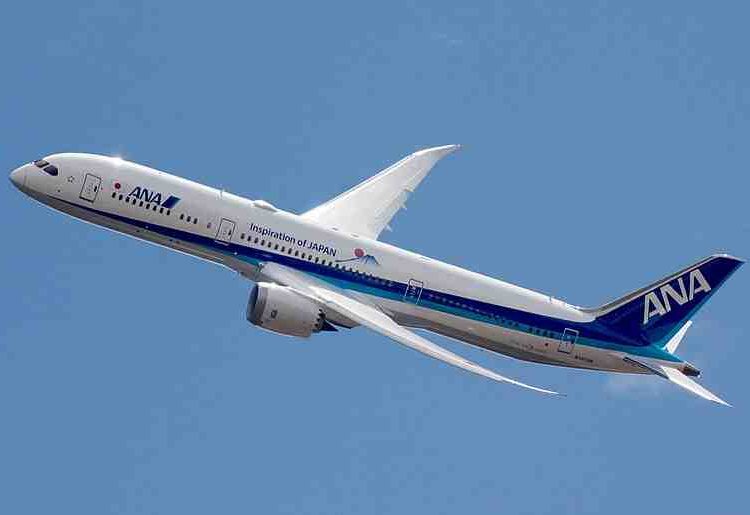Strike or Wage Increase: A Tough Choice for Boeing Investors
- Boeing faces potential strike as contract negotiations with International Association of Machinists and Aerospace Workers continue
- Union requests wage increases of 40% over three years, totaling $1.5 billion in additional cash expenses annually
- A strike could cost Boeing more than meeting workers’ demands, analyst Sheila Kahyaoglu argues
- 2008 strike reduced cash flow by about $2.5 billion, equivalent to $3 billion today
- Boeing’s long-term debt has increased to $53 billion from $11 billion in 2018
- Covid-19 has led to thousands of aerospace workers leaving the industry, making rebuilding capacity difficult
Boeing is facing a difficult decision as contract negotiations with the International Association of Machinists and Aerospace Workers continue. The union has requested a 40% wage increase over three years, which would cost an additional $1.5 billion annually. Analyst Sheila Kahyaoglu argues that a strike could be more expensive than meeting workers’ demands. Meanwhile, Boeing’s long-term debt has grown to $53 billion from $11 billion in 2018, and the Covid-19 pandemic has led to thousands of aerospace workers leaving the industry, making capacity rebuilding challenging. The company is already struggling with reduced cash flow due to the grounding of the 737 MAX jet.
Image Credits: no
Factuality Level: 8
Factuality Justification: The article provides accurate and objective information about ongoing labor contract negotiations between Boeing and the International Association of Machinists and Aerospace Workers, including details on wage demands, potential costs of a strike, and the impact on the company’s financial situation. It also discusses the historical context of previous strikes and their effects on cash flow. The article presents relevant information about Boeing’s current financial challenges due to the 737 MAX jet issues and Covid-19 impact on air travel demand.
Noise Level: 7
Noise Justification: The article provides relevant information about ongoing labor contract negotiations between Boeing and the International Association of Machinists and Aerospace Workers, as well as potential consequences for both parties in case of a strike or wage increase. However, it also includes some irrelevant details such as historical strike durations and stock performance comparisons with other companies.
Public Companies: Boeing (BA), Intel (INTC), Alaska Air (ALK)
Key People: Sheila Kahyaoglu (Analyst at Jefferies)
Financial Relevance: Yes
Financial Markets Impacted: Boeing’s stock price and cash flow
Financial Rating Justification: The article discusses labor contract negotiations between Boeing and the International Association of Machinists and Aerospace Workers, which could potentially lead to a strike. This would impact Boeing’s cash flow and production, as well as affect its stock price and financial performance. The company has already faced challenges due to the 737 MAX jet grounding and Covid-19 pandemic, leading to increased debt and reduced demand for air travel.
Presence Of Extreme Event: No
Nature Of Extreme Event: No
Impact Rating Of The Extreme Event: No
Extreme Rating Justification: There is no extreme event mentioned in the text.
Move Size: No market move size mentioned.
Sector: Technology
Direction: Down
Magnitude: Large
Affected Instruments: Stocks
 www.barrons.com
www.barrons.com 





